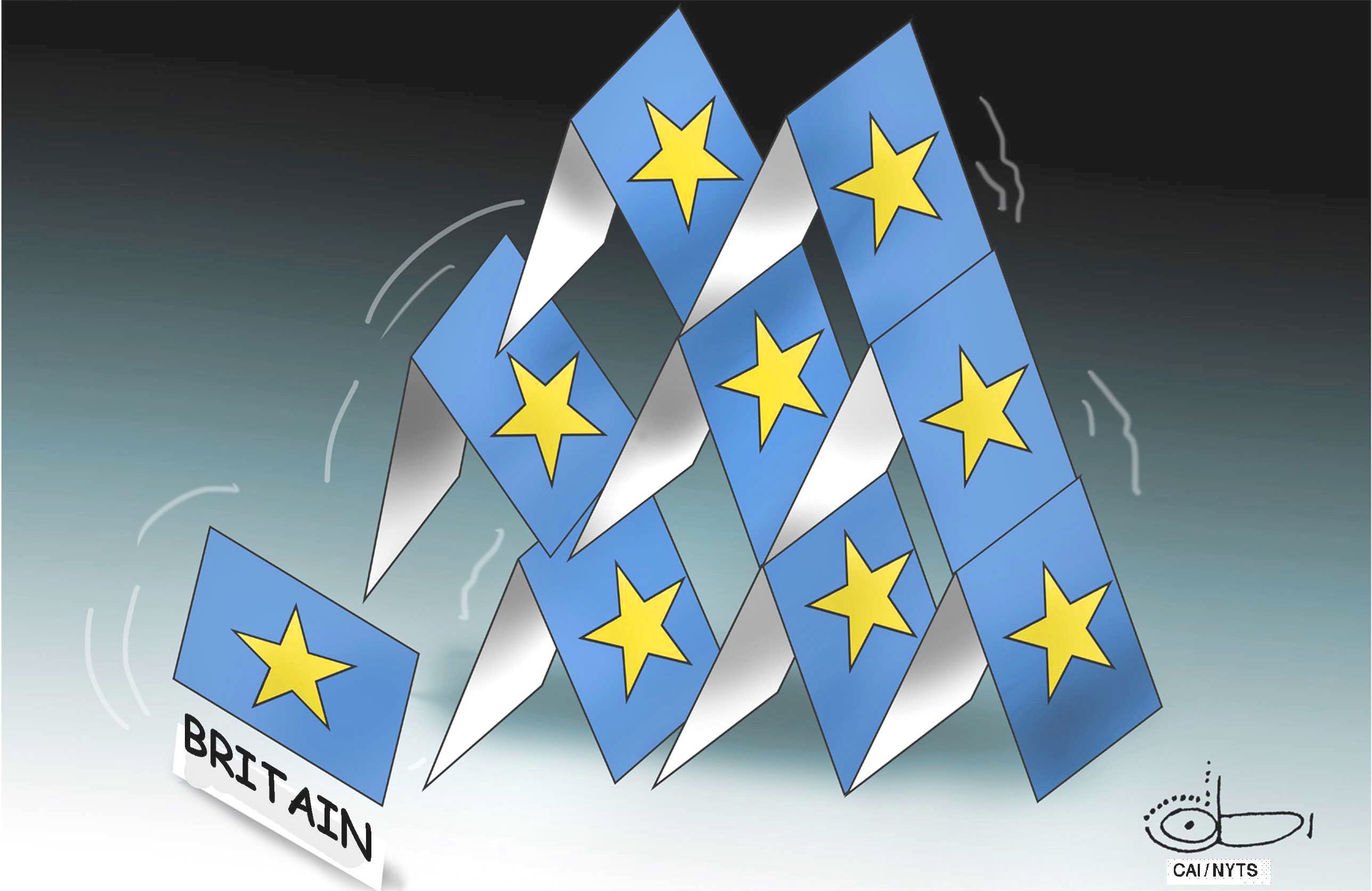In Britain and throughout the West, we are witnessing the eclipse of the political mainstream. Politicians like Donald Trump in the United States, Jaroslaw Kaczynski in Poland, or Marine Le Pen in France were once unelectable, but today the mainstream is unelectable. In Austria, it took a presidential candidate outside of the establishment, Alexander Van der Bellen, to block — by the barest of margins — a far-right victory. We should expect to see only more electoral success for populist politicians and projects like the United Kingdom's Brexit referendum.
The economy has gone global, but politics is still a national process. This disconnect has created the sense, among ordinary citizens, that democracy — the people's will — has been undermined. In such a setting, influence becomes the sole domain of the populists, because only they can effect change — and only through destruction. This is why populists seem credible even when they lie.
Brexit should be seen as a punishment for events like the 2014 European elections, when it was evident, even before anyone voted, who would become the head of the EU commission, who would lead the EU Parliament, and which of the parliament's factions would be the largest. This sense of a rigged game alienates citizens and leads them to reclaim their democratic dignity by casting protest votes for figures like Nigel Farage, the leader of the U.K. Independence Party, or Donald Trump. Of course, no one truly believes that Trump can win the U.S. presidency. Likewise, no one, not even bookies, believed that Brexit was a real possibility.

















With your current subscription plan you can comment on stories. However, before writing your first comment, please create a display name in the Profile section of your subscriber account page.